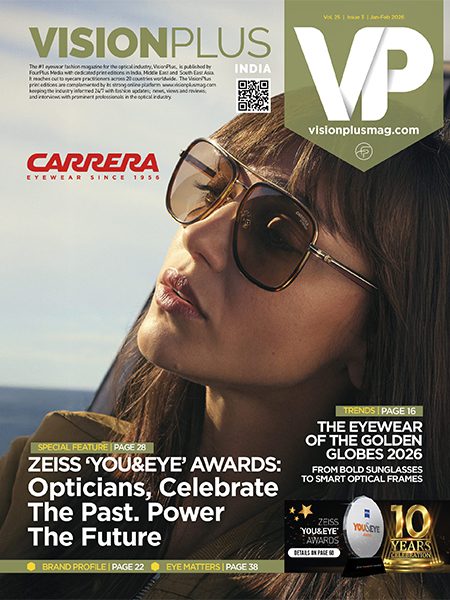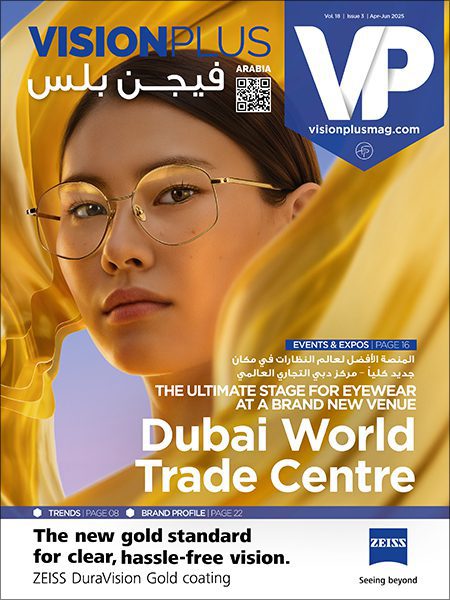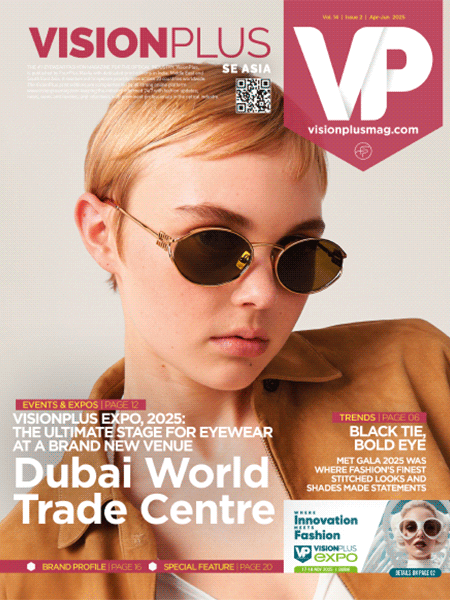
Diesel Passion & Individuality
Rosso, the founder of Diesel, proudly claimed that he learned marketing from the US, creativity from Italy, and systems from Germany. With the best of all worlds at play, in hindsight, the success of Diesel seems predestined
While he was selling low-riding, bell-bottomed jeans that he created himself at the age of 15, maybe Renzo Rosso, knew what he really wanted to be. Learning the initial skills using his mother’s sewing machine and then later attending an industrial textile manufacturing high school in Padua, he seemed to know exactly where he wanted to go.
In 1976 he started by working for Adriano Goldschmied, a clothing manufacturer. After 2 years, the entrepreneur spirit in him made him take a loan from his father to buy 40% holding in the company he was working for.
The name was changed to Diesel and in 1985, Rosso bought out Goldschmied’s interest for US$500,000 and was the sole owner of the company.
The Initial Days
In 1990, the company that was licensed to distribute Diesel in the United States was facing financial difficulties and Rosso took over and placed its made-in-Italy jeans and clothing in US stores. Since then there was no looking back.
In 1992, Diesel became the title sponsor for the World Superbike racing circuit. In 1995, Diesel launched one of the first significant fashion retail websites, which housed images of each of its collections.
The first Diesel jeans to be sold online were available in Finland and Sweden starting in 1997. It then opened a virtual store that allowed home delivery for further markets the following year.
In 1999, Diesel opened large flagship stores in New York City, San Francisco, Rome, and London, and began to open other mono-brand stores for Diesel. Further flagship stores opened, including stores in Berlin, Barcelona, and Paris.
The company also won the Premio Risultati award for Best Italian Company of the Year from the Bocconi Institute in 1996. In 1998 The Wall Street Journal called Diesel “the label of the moment”.
And Rosso began purchasing additional fashion companies in 2002, under his parent company, Only The Brave. Companies purchased by Only the Brave included Maison Martin Margiela, Viktor & Rolf, Marni, and licensing company Staff International.
Fifty!
In 2005 Diesel released the book “Fifty” upon Rosso’s fiftieth birthday, an illustrated history of the company, with a print-run of ten thousand.
As of 2008, the company had 5000 points of sale across 80 countries, with 270 mono-brand Diesel stores. Diesel itself owned 170 of those, with the rest owned by franchisees. Turnover was over €1.3 billion in 2009, and by 2010 the company had over 400 stores. In 2012 Diesel founder Rosso was listed on the Forbes list of billionaires for the first time.
Advertising
Diesel has been known for producing ads that invoke surreal images in lieu of direct product details, in partnership with Swedish ad agency Paradiset DDB, Stockholm. These included 1997 ads portraying life in Communist North Korea (shot in Hong Kong).Another ad campaign imitated automobile crashes.Campaigns have also used social consciousness as a theme, ironic plays on global issues (such as their Global Warming Ready campaign featuring post-global warming backdrops in global locations), as well as anti-establishment messages.
The Grand Prix award at the Cannes Lions International Advertising Festival was won by Diesel in 1997, in 2001 for a campaign featuring the fictitious newspaper “The Daily African”, and for the ad campaign “Be Stupid” in 2010.
Fashion lines
While the most popular Diesel apparel item has been denim wear, the company has expanded to include additional forms of clothing. The company has created leather jackets, women’s dresses, and other items.In 1998, Diesel founded an offshoot label called Diesel StyleLab, which produced higher end fashion designs beyond more traditional denim jeans.
In the 2000s, the company began to license its brand to other retail manufacturers, in order to create new product categories. These lines included the sunglasses line Diesel Eyewear in partnership with Marcolin, the jewels and watches line Diesel Watches in partnership with Fossil, the fragrance line in partnership with L'Oréal. The production of each line involves supervision from Diesel itself.
Diesel has also partnered with Moroso, Seletti, Scavolini, Foscarini, and Berti to create a home furnishings line called Diesel Living,] with Bugaboo to create strollers, with AVG to create helmets, with Ducati, and with Fiat to create a limited edition Fiat 500.
As of 2003, according to Women’s Wear Daily, Diesel had three distinct fashion lines, “Diesel Style Lab, the most pricey fashion-forward designer label; Diesel, a fashion brand that still focuses heavily on denim, and 55DSL, the board sport-inspired streetwear line that blends fashion and function.” Style Lab and 55DSL are now defunct. Currently there are two lines at Diesel: Diesel and Diesel Black Gold. Diesel Black Gold is the luxury ready-to-wear line and was launched in 2008 during the New York Fashion Week. That year the company also partnered with Adidas to co-produce a sports denim line. In 2013 Diesel underwent a re-branding effort, reorganizing both the business structure and marketing methodologies.
Eyewear in partnership with Marcolin
Their foray into eyewear also has created a lot of interesting ad campaigns. The visuals for the latest eyewear campaign highlight ‘Passion and Individuality.
The new Diesel Eyewear Autumn/Winter collection embodies the bold, free spirit of the brand; the styles express passion and individuality.
Avant-garde wrap around styles, a futuristic take on the iconic style of the 2000s, are among the trendiest designs. Metal and acetate frames, in the navigator and cat-eye shapes, stand out for the extreme lightness of their thin, essential contours. Iconic elements identify the collection, such as the diagonal metal detail, inspired by mechanical structures reflecting on the flat, clean-cut temples with an innovative 3D effect, an echo of the brand’s industrial style.
Bright, distinctive hues, enriched with fluo accents, create cool, bold combinations that personalise the frames. A mixture of iconic, contemporary hues in glossy or matte finish complements the new eyewear collection.
The new Diesel Eyewear collection created for the little ones offers lightweight, easy-to-wear models for cool, bold looks that best express the spirit of the brand. Minimalist, squared rectangular silhouettes are paired with more roundish ones to suit all face shapes.
Diesel Timeline
1976 : Diesel founder, Renzo Rosso started working for Adriano Goldschmied
1985 : Rosso bought out Goldschmied’s interest and was the sole owner of the company
1992 : Diesel became the title sponsor for the World Superbike racing circuit.
1995 : Diesel launched one of the first significant fashion retail websites
1996 : Won the Premio Risultati award for Best Italian Company of the Year from the Bocconi Institute
1998 : The Wall Street Journal called Diesel “the label of the moment”
1999 : Diesel opened large flagship stores in New York City, San Francisco, Rome, and London
2005 : Diesel released the book “Fifty” upon Rosso’s fiftieth birthday
2012 : Diesel founder Rosso was listed on the Forbes list of billionaires for the first time







